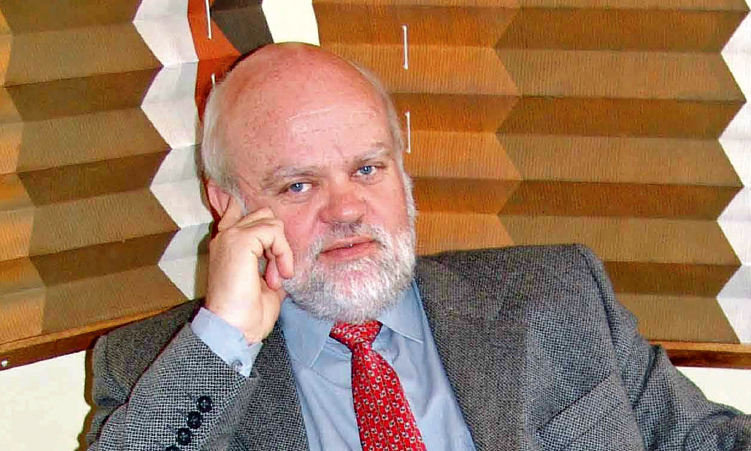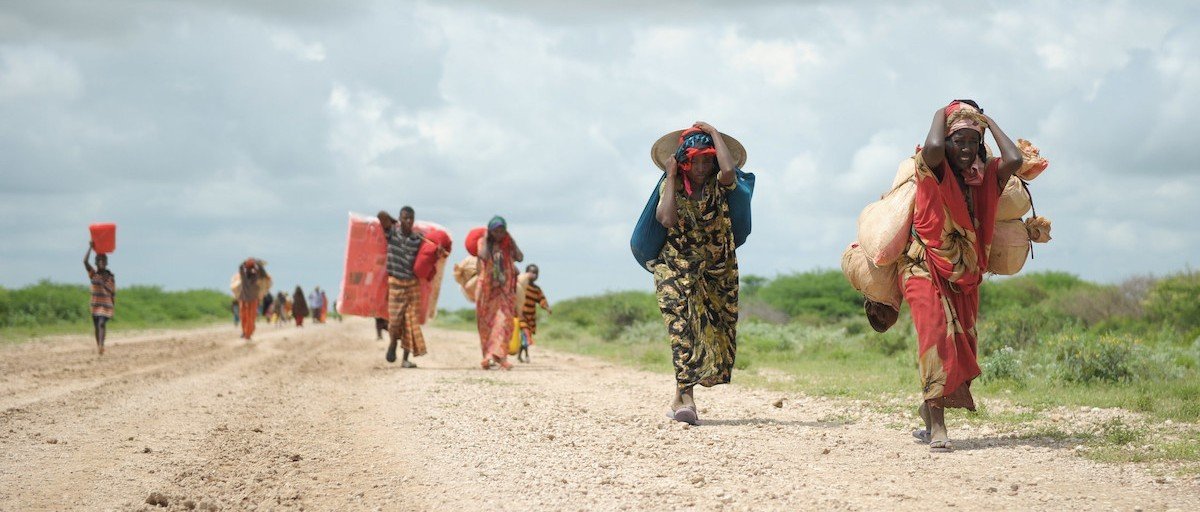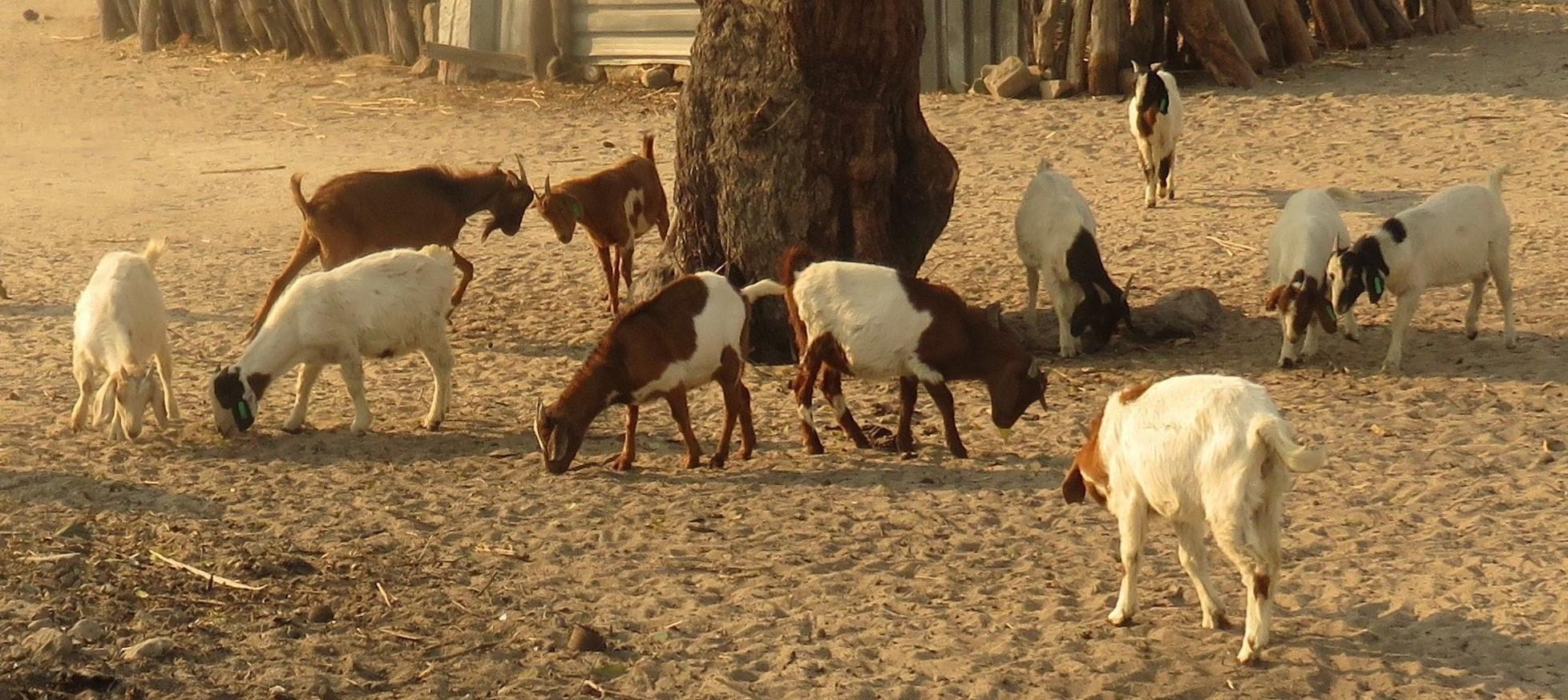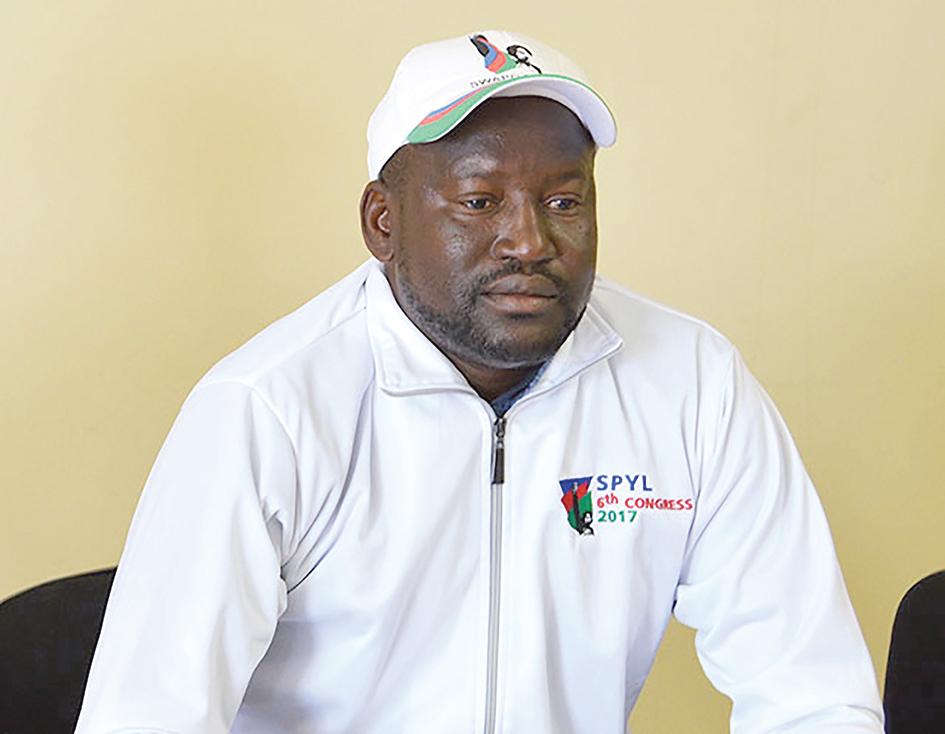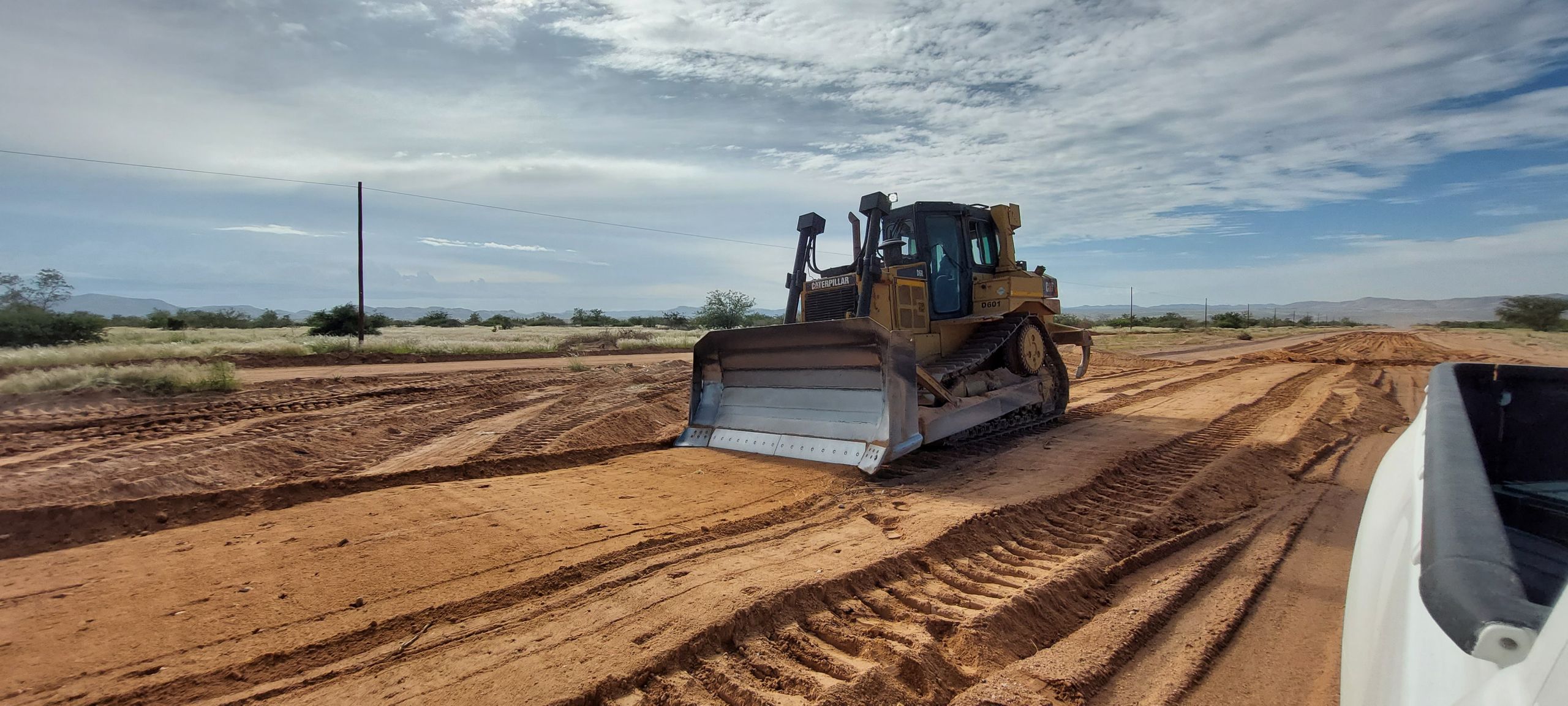History is said to be a good teacher when it comes to learning to do the right thing and avoiding repeating mistakes of the past.
But do humans examine the sage advice that history is human self-knowledge and provides the only clue to what mankind can do, or should not do, if mankind has already done so?
Have we, the people of today, been devoted to learning through history, or are the same mistakes repeated over and over?
Seemingly not, as one cannot help but wonder how much we have really learned from the past following media reports of imminent threats of global trade wars and retaliation, imposition of punitive tariffs and trade barriers, preventative human movement and restrictive capital flows.
My generation has been influenced by economic sanctions, import substitution, and economic structural reform programmes that were widely recognised in the 1990s by the economic structural adjustment programmes.
What about younger generations?
Among many other failed examples, is a closed blanket making factory and an assembly plant for an Italian model vehicle in Livingstone, the Zambian city close to Victoria Falls, and a tyre production facility in Zimbabwe’s Bulawayo.
They are but a few that lay bare the folly of protectionism.
They point to unsustainable economic development programmes created by technocrats supported by public sector bureaucrats and implemented with the assistance of politicians with minimal or no knowledge of how businesses operate.
We experienced first-hand the short- and long-term advantages and disadvantages of such economic policies, mostly providing a few advantages but a lot of hardship, usually in the form of employment losses.
Perhaps there is truth in what Bernard Shaw said, “We learn from history that we learn nothing from history.”
Shaw, an Irish playwright, critic, polemicist, and political activist, wrote more than sixty plays, including ‘Pygmalion’ which tells the rags-to-riches story of a young guttersnipe Cockney girl.
‘Pygmalion’ – a Greek mythological figure – later became a highly anticipated theatrical musical and blockbuster film, ‘My Fair Lady’, for which Shaw wrote the screenplay.
He was awarded the Nobel Prize for literature in 1925.
Shaw, a leading dramatist of his generation, died in 1950 aged 94.
What is happening in economics on the global stage must be a concern for Namibia.
Although it may not be an imperfect approach, an open market economic system that promotes competition has proven to be the most effective strategy to accelerate economic development in the country, at regional and international levels.
Consumers benefit from the availability of a wider range of quality goods and services at competitive prices, and an open market economy promotes entrepreneurship, attracts foreign investment, and leads to job creation.
It boggles the mind that there is a reversive or regressive movement in some of the world’s leading economies to go back to the days of protectionism, with restrictions on how business is conducted and by constructing trade barriers fuelled by tariffs.
Surely, we should have learned from history the importance of moving forwards and not going backwards, for it is by learning from the past and applying lessons learned that we move forward.
- Danny Meyer is reachable at danny@smecompete.com
Stay informed with The Namibian – your source for credible journalism. Get in-depth reporting and opinions for
only N$85 a month. Invest in journalism, invest in democracy –
Subscribe Now!




